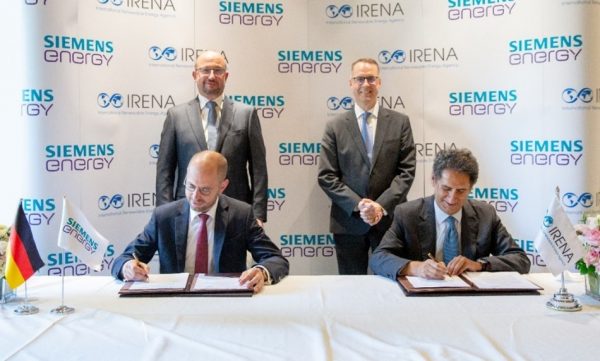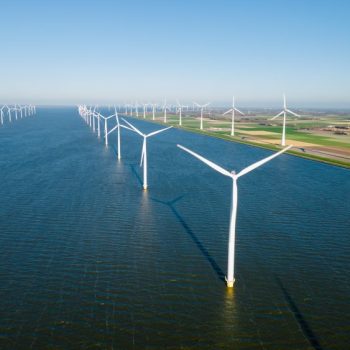
Over the past 10 years, encouraging progress has been made in environmental sustainability, with countries accounting for 88 percent of global total energy supply improving their scores, according to the World Economic Forum’s (WEF) Energy Transition Index 2021. But more progress is needed. Evolution in areas such as environmental sustainability remains uneven and insufficient, while progress on other dimensions, such as economic growth has been mixed. The lack of consistent progress in many countries highlights the challenges in navigating the complexity of the energy transition. This also highlights the need for transformative and breakthrough solutions to support the long‑term goal of a transition to a sustainable, secure, affordable, and inclusive future energy system.
Accelerating electrification and shifting to renewables will be critical to achieve the emission reduction goals of the next decade. But that alone will not be enough. Jump-starting the transition in other areas such as, scaling up innovations, strengthening and modernizing energy infrastructure, along with research and development, and human capital development, can deliver long‑term sustainable economic growth, while also achieving step change in the energy transition.
“In this vein, partnerships between governments, the private sector, international institutions and non-governmental organizations (NGOs) are essentialto ensure we meet the UN Sustainable Development Goals and the Paris Agreement targets”
Double-down on public-private sector collaboration
Collaboration between public and private sectors can help develop low-carbon solutions through attracting the diversified, resilient sources of capital needed for multi-year and multi-decade investments into energy systems. This factor is crucial for emerging markets and new, clean technologies, where the economics are not yet competitive.
Public-Private sectors, along with NGO’s and other multilateral institutions, can also identify the most urgent and pressing matters on national, regional, and even global levels. The private sector then can play a leading role in providing the technologies needed to make solutions more accessible and affordable to all. Private sector, with its outreach projects, can lead in boosting public awareness, engagement and share best practices.
Engaging and inciting all stakeholder groups
The wide-ranging scope of collaboration extends to a variety of opportunities including:
1. Developing a roadmap for regions without electricity
2. Promoting the business case for green hydrogen fueling
3. Supporting decarbonization efforts for industrial processes
4. Facilitating private sector investment in the renewable energy sector
Building an effective and resilient energy transition requires all hands-on deck. As countries seek to recover from the impact of COVID-19, there is an opportunity to reset and rethink the way we power our economies and our societies. It is critical to root the energy transition in economic, political, and social practices so that progress becomes irreversible.
Cross-sector collaboration is truly at the front and center of shaping the global climate agenda. When partnerships happen on a global scale, progress ripples outward, with greater impact for everyone. For stimulating a real change, working together is not just important; it is imperative! Those who realize the urgency of cooperation are forming global partnerships across sectors.
Dietmar Siersdorfer, Middle East and UAE Managing Director at Siemens Energy
You could read more about Blue Green World Here, about Publishing World News Here, about You read, we publish Here













